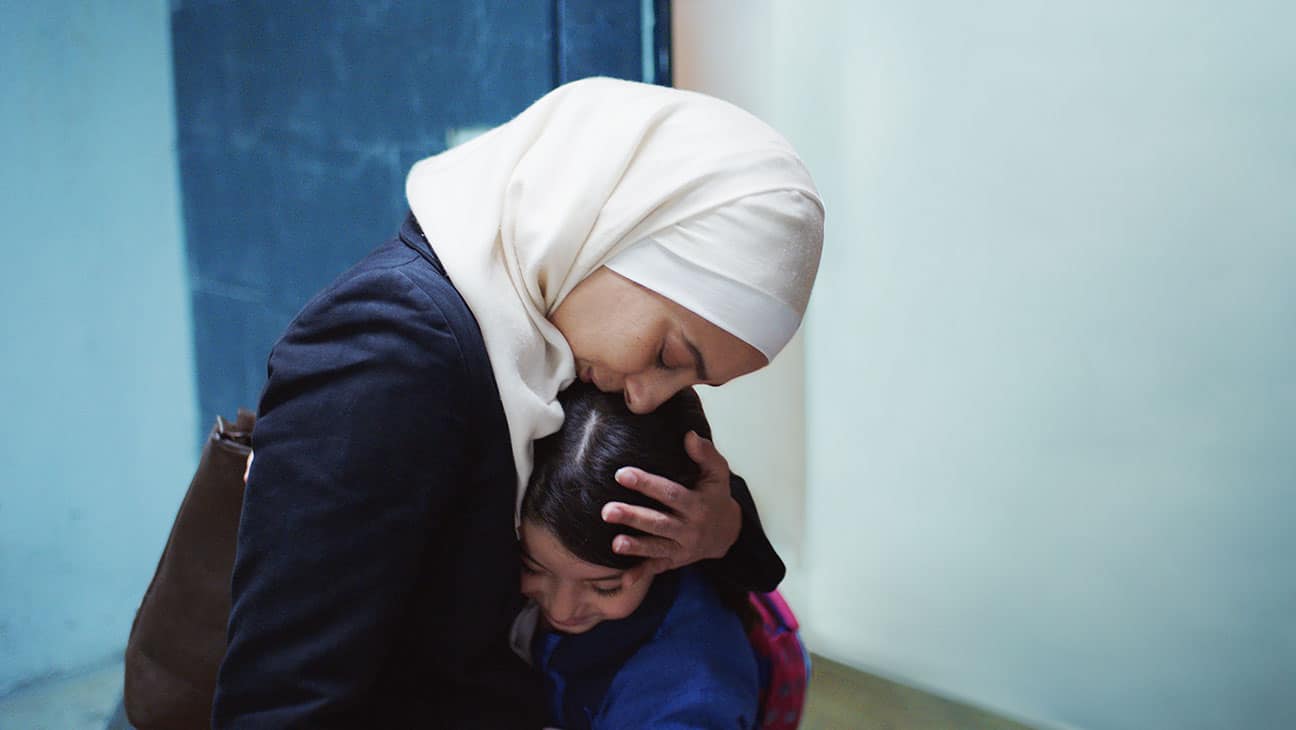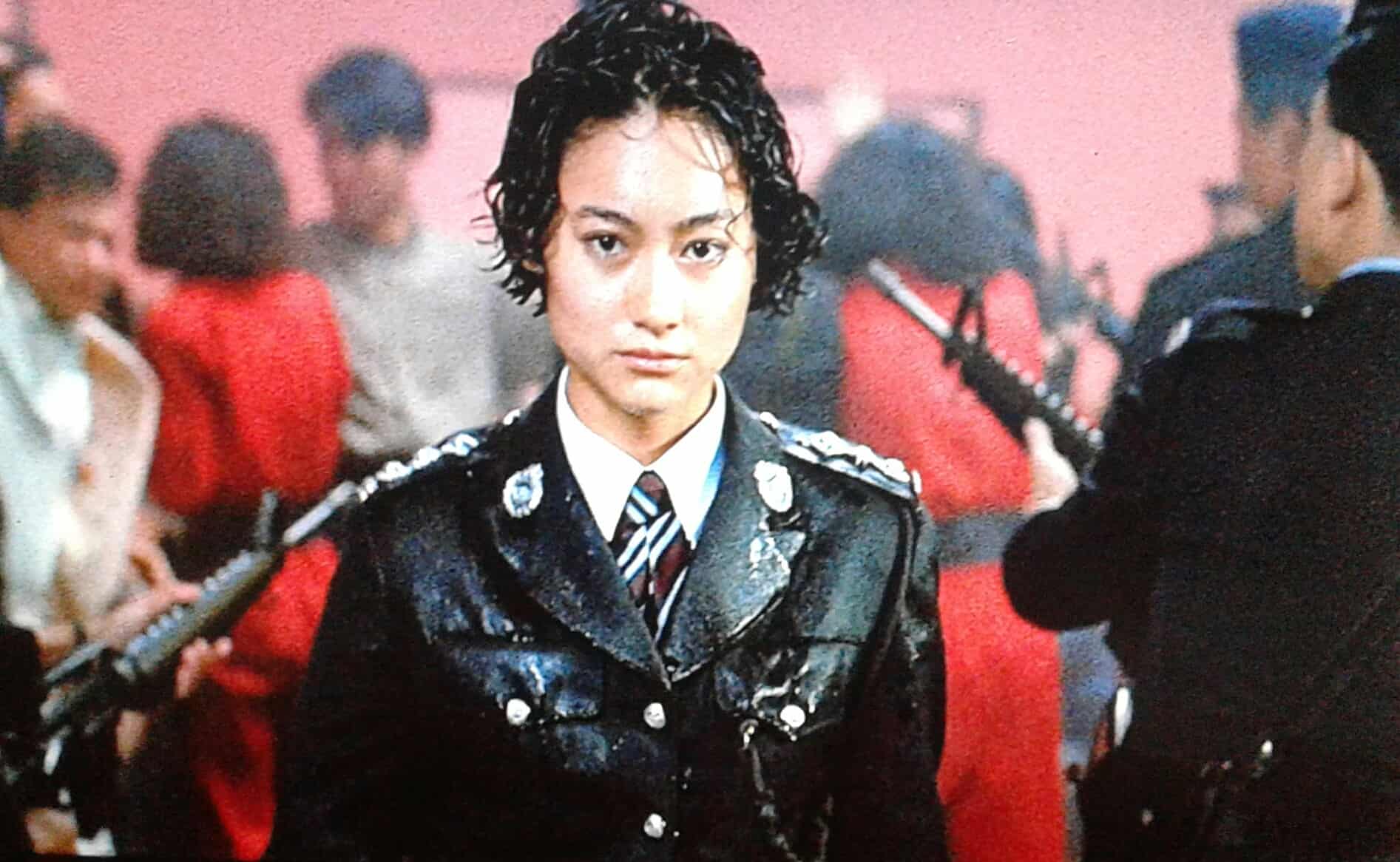Can people with mental illnesses be in a healthy relationship? And once in one, can they sustain that relationship over a period of time, without harming themselves or their partners physically or emotionally? In his follow-up to his debut “A Complicated Story” and to arguably the best segment of the anthology “Ten Years”, director Kiwi Chow asks and attempts to answer all these questions and more.
I Still Remember is streaming on Focus Hong Kong

While helping a woman who's having an episode on the streets of Hong Kong one evening, recovering schizophrenic Lok runs into the gentle Yan Yan who, as it turns out, lives in the same apartment block as Lok, just a floor above him. Yan suffers at the hands of an abusive, alcoholic father and Lok feels very protective of the timid girl, feelings that soon develop into love for both of them. When the father finds out, he soon puts a stop to their relationship and life returns back to the way it used to be for Lok before he met Yan. Six months later, however, Yan walks back into his life but she isn't quite who he remembers her to be.
Chow adapts his own award-winning short film “Upstairs” for this feature-length version and the result is a fascinating, multi-layered narrative that offers a unique look at mental health and flawed personalities. While Lok is the obvious sufferer of mental illness, the female protagonist is no less faulty, her personality causing as much problems for her in relationships as Lok's schizophrenia does for him. Unlike other features that deal with this subject, Chow manages to keep the overall mood of the story fresh and almost fairytale-like, for the most part. The fact that he manages to handle mental illness in a very human way also works massively in his favour. This gives a certain gravitas not just to the feature but also to the subject in general which is otherwise rarely seen. In fact, save for the father in one scene early on, you never really see any characters be stigmatised for their illness, which is quite a refreshing approach.

Chow also proves adept at writing and directing both the romantic and melodramatic moments. Beautiful scenes like the two characters flashing lights from their individual apartments are sprinkled throughout the love story, while those like the one-scene/one-cut quarrel scene between the two protagonists just go to show his strength at shooting the more sombre moments too. The way the lives of the two protagonists are pitched against each other, one a clinically unwell person mentally and the other just a broken, imperfect human being, is also among the reasons the narrative works so well.
However, the feature would have been a much less successful endeavour had it not been for the performances of its two leads Terrance Lau Chun-him as Lok and Cecilia Choi. In his big-screen debut, stage and TV actor Lau is a revelation! His boy-next-door charm accentuates the way he underplays Lok, without ever stereotyping his portrayal of a mentally unwell person, which would otherwise have been almost a caricature in less able hands. The scene near the end as he has a literal tussle within himself with what's real and what's imaginary is a great example of his strengths. Equally exemplary is actress Cecilia Choi, who, after working in Taiwanese films and tv shows, is making her Hong Kong debut here. The necessary duality that she brings in her performance is enthralling. The aforementioned one-take scene is a worthy showcase of her talents and the huge roster of acting awards that the two actors have since received for their performance in this are wholly deserved.
Szeto Yat-lui's cinematography also plays a key part in the narrative, capturing the Hong Kong exteriors in their bright beauty while also portraying the colourless and dark personal world of the protagonists so accurately. The use of a shallow depth of field favourably traps the viewers in with the characters' emotions and feelings. Its depiction of the claustrophobic nature of Hong Kong apartment buildings is also noteworthy, with some scenes reminding of the apartment buildings seen in Fruit Chan's “Made in Hong Kong”. The way the tram is used not just to separate the characters individually but also from the rest of Hong Kong into their own bubble is interesting too. Julian Chan and Lam Kwan-fai's original music is also a constant, solemn companion, channeling the lonely world the characters live in.
“Beyond the Dream” is a truly wonderful production with raw emotional power, backed by two extremely strong performances at its core and rich camerawork. Easily among my favourite films from last year and one that, had I seen it earlier, would have certainly featured prominently in our recent list on Asian Films about Mental Illness.















